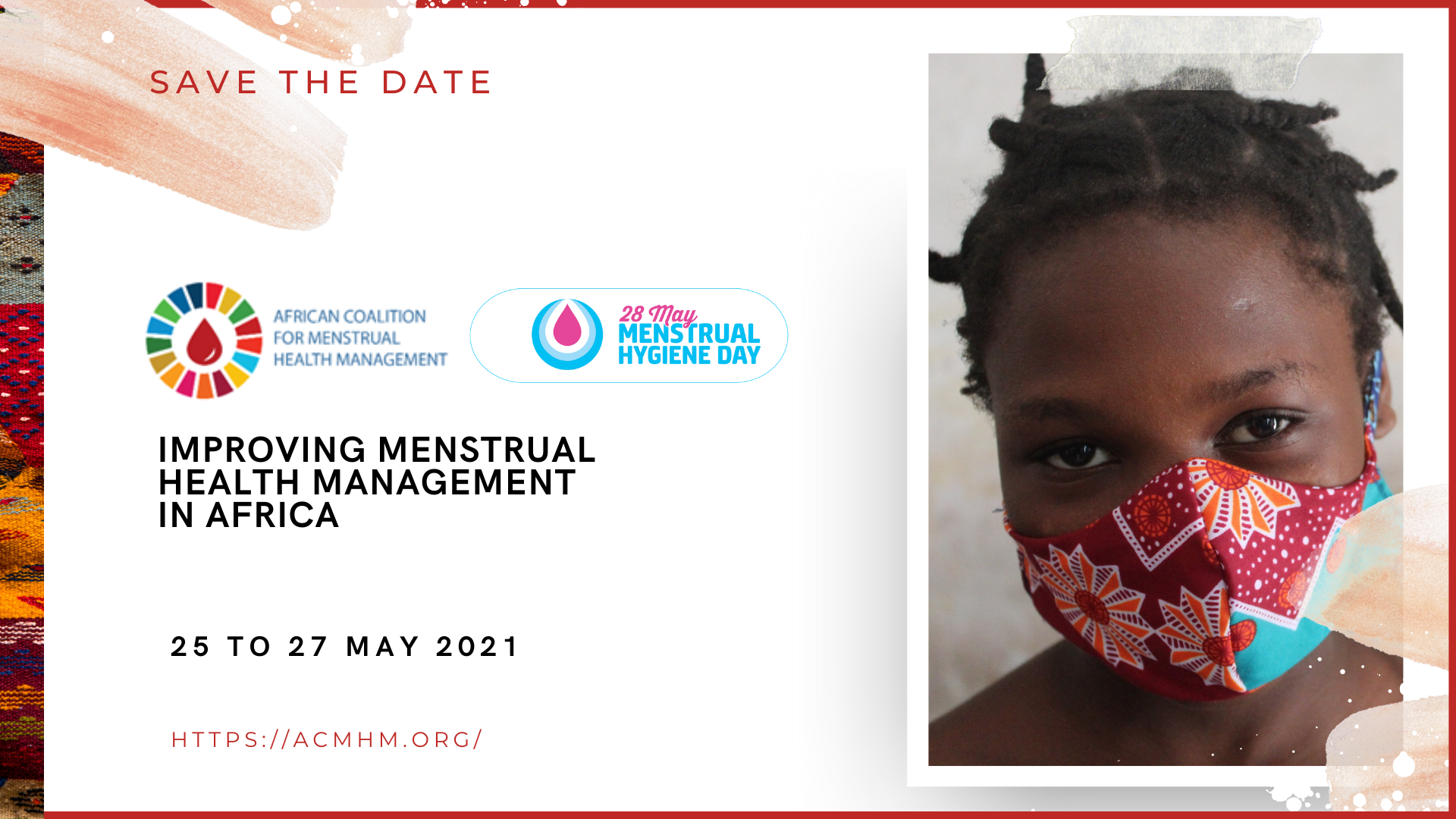Key Highlights from Recent Report on MHM and Covid-19
Written by Dhwani Kharel, IMHER Research Assistant
Edited by Sophia Swanson, IMHER Research Assistant
Date Posted: 18 November 2020
In honor of Menstrual Health Day 2020, the UNFPA, Days for Girls, and the African Coalition for Menstrual Health Management (ACMHM) hosted a webinar titled “Menstrual Health Responses to Covid-19 Pandemic in Africa — What Have We Learnt?” The May 27 webinar brought together participants from around the world to consider the intersection of menstrual health work and Covid-19 in Africa (for IMHER’s recap of the webinar, click here).
In a newly released report, the sponsoring organizations take key lessons from the webinar, as well as from other sources, to highlight problems that have been amplified by Covid-19, and to offer related solutions.

PHOTO CREDIT: Report
Report Overview
The report, titled “Menstrual Health Management: Lessons Learnt from Covid-19,” summarizes key takeaways about menstrual health advocacy in the time of the pandemic, with insight from a wide range of scholars and organizations. They organize these issues into an Availability, Accessibility, Acceptability, and Quality (AAAQ) framework.
Availability
- Disruptions in supply chains – such as closures of factories and manufacturing plants, grounded commercial flights, and restricted imports and road transportation – are responsible for reduced availability of menstrual heath products.
Accessibility
- Many factors have reduced accessibility to menstrual products, including: lost economic opportunities, movement restrictions which make it difficult to purchase menstrual hygiene products, and the closure of facilities like schools and collection points.
Acceptability
- Gender inequality and human rights violations have increased during the pandemic. Women and people who menstruate and are economically dependent on men have seen increased violence while attempting to obtain menstrual health products. Additionally, quarantine facilities lack privacy and most centers have not supplied menstrual health products.
Quality
- Covid-19 has shown the need for standards to regulate the quality of menstrual products; low-quality products have jeopardized the health and dignity of menstruators.
Solutions
The report offers solutions that may be useful for those working in MHM. Some of those include:
- Develop multi-sectoral partnerships
- Integrate menstrual health management within existing programs
- Establish community partnerships to ensure distribution of supplies even when schools and retail stores are closed
- Diversify organizational priorities to incorporate Covid-19. For example, some organizations pivoted to provide reusable masks and other personal protective equipment.
- Use storytelling to amplify and personalize the needs of individuals overall, and as a result of lockdowns.
- Include menstrual products should be included in humanitarian response packages, so they are distributed with other essential items, such as food.
- Increase the use of social media and radio to communicate.

Related Resources
For other recent sources addressing the effect of Covid-19 on MHM work, check out PLAN International’s Periods in a Pandemic Report as well as IMHER’s previous reporting on the Malala Fund’s Report on Educational Attainment for Girls During Pandemics.
PHOTO CREDIT: Report





